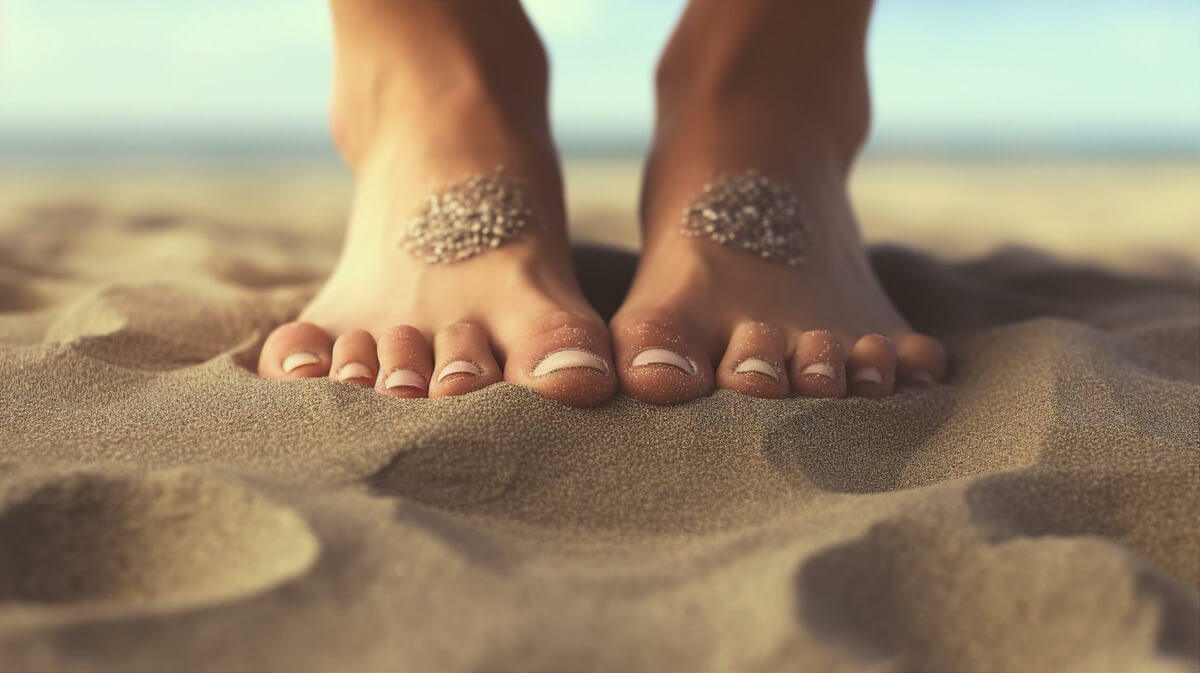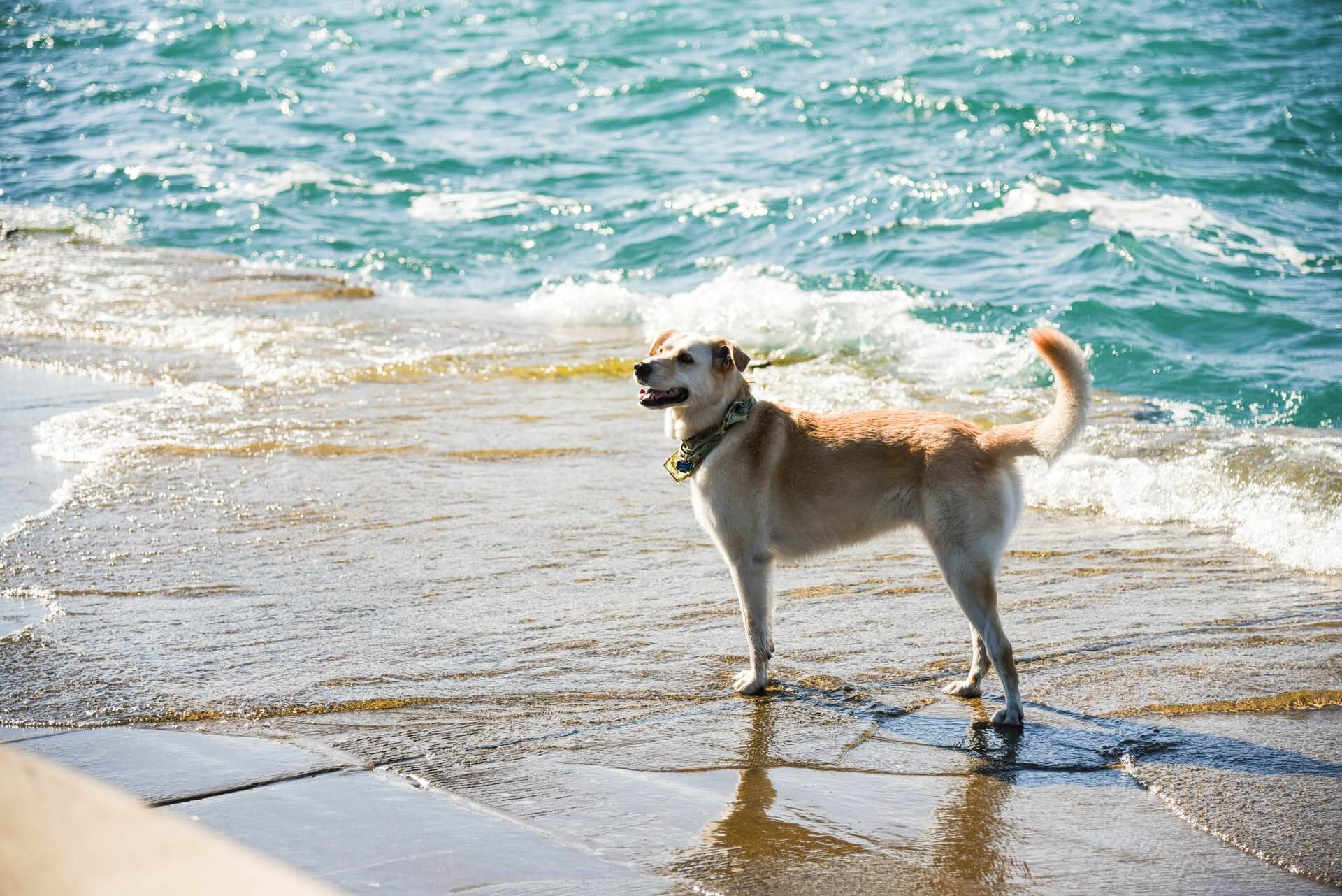
(© KWY - stock.adobe.com)
Sharks aren't the only threat to your safety at the beach. There's a smorgasbord of infectious organisms you can encounter in the sand or water. As summer kicks off and countless people head to the beach to relax, let's look at the many germs beachgoers should stay on guard for — and how to avoid them.
MRSA
Methicillin-resistant Staphylococcus aureus bacteria are resistant to many antibiotics, making them dangerous and even life-threatening. We are familiar with the substantial risk in hospitals, nursing homes, jails, and other environments where people are close together and particularly vulnerable to infections. However, several studies conducted in recent years have also revealed MRSA in the sands and waters of both lakes and marine environments.
E. coli
Many strains of Escherichia coli are harmless, and some are even helpful to our gut microbiome. Some, however, can cause gastrointestinal or unitary tract infections. Harmful E. coli may be contracted from food, but they’ve also been found in freshwater lakes and on beaches, likely as a result of improper runoff from sewer treatment sites or flooding.
Hookworms
Although some species of parasitic hookworms primarily infect humans, beach-borne infections usually involve species that prey on dogs and cats. People can get infected by walking on sand contaminated by larvae harbored in animal feces. The worms burrow into the surface layer of human skin, causing severe itching and rashes. The hookworms stay in the skin and die within weeks, though some cases can lead to more serious illness when the worms migrate deeper into the body.

Legionella
The facilities surrounding a beach can also harbor dangerous organisms, such as Legionella pneumophili bacteria. Studies have found these bacteria commonly contaminate showers at recreational water facilities. Legionella bacteria are known for causing Legionaries’ disease, a potentially severe form of pneumonia, but they can also cause the milder, flu-like Pontiac fever.
Giardia
Giardia lamblia parasites are quite common and have a remarkable ability to survive in unfavorable environments. They cause copious diarrhea. Although Giardia usually inhabits freshwater sources such as lakes, they’ve been known to contaminate tropical beaches due to nearby sewage pollution.
Ascaris
These are another type of roundworm usually found in soil, but also on beaches. Ascaris lumbricoides infections are actually the most common soil-transmitted parasites in humans, with up to a billion people worldwide currently thought to carry them. People will usually catch these worms from ingesting or touching soil or water contaminated by another person’s infected feces. Fortunately, Ascaris infections are uncommon in the U.S.
Norovirus
Norovirus causes about half of foodborne infections annually, with projectile vomiting and watery diarrhea. This quite contagious virus is transmitted from person to person — either through direct contact or through exposure to feces or vomit. It has also been detected in the waters of tropical beaches, probably from sewage contamination.
Vibrio
Many different species of Vibrio bacteria live in marine waters, only some of which can make humans sick. V. cholerae is the namesake and cause of cholera, a gastrointestinal disease that causes extreme diarrhea and life-threatening dehydration. V. vulnificus is known to rarely cause flesh-eating infections when the bacteria enter the body via an open wound. The bacteria are not actually eating tissue, but these infections can be fatal or require amputation for treatment if not diagnosed and aggressively treated early in the disease course.
How can you stay safe at the beach?
Wear your pool or water shoes on the beach and in the water. Try to keep your mouth closed underwater, and certainly don’t swallow any water. When you’re out of the water, wash your hands in clean water and never put your hands in your mouth at the beach. Shower after every beach excursion.










